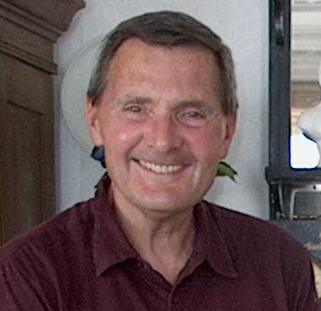A Final Note: the Progressive Difference in a Nutshell.
Ayn Rand's defense of total economic freedom has its roots in a few fundamental concepts discussed throughout this "progressive" critique. She believes, first, that individuals realize their life potential through their own mind and its powers of reason, which are rooted in objective sense perception. Given the governing role of the mind in the life of the individual, it must be entirely free of the distorting influences of guilt and altruism in order to guide the individual to decisions and actions that are genuinely in his or her own self-interest. If the mind is free, it leads individuals to the creation of things that add value to the world, give their own life meaning, ensure material well-being, help advance human possibilities, and result in the personal happiness that derives from earned self-esteem. Conversely, any repression or distortion of the mind's integrity destroys its life-building function and results effectively in moral death. That is why the forces of government and religion are so dangerous to the "producers" of the world. They not only distort the functioning of the free market and corrupt the workforce, but demoralize the "producers" themselves and keep them from leading their company to a full realization of its promise,
Rand's insistence on the freedom of the individual to make the most of himself (or herself) in the world is surely the most attractive feature of her thinking, and one for which many "progressives," including myself, will have a spontaneous sympathy. Still, progressives insist that a complete expression of human possibility cannot be restricted to the rational pursuit of self-interest, but must include a more expansive impulse to help meet the needs of other people. This broader conception is made possible, at bottom, by an instinct deeper than ego-based reason, which expresses itself in intuitive insight, empathy, human community, and creativity inspired not by material self-interest but universal values. Combined with the rights to life, liberty and the pursuit of happiness enshrined in America's Declaration of Independence -- and often invoked by Rand herself -- , these qualities are essential to building a society where everyone, not only members of a privileged elite, can be a "producer." These producers, however, will have a purpose governed by more than material self-interest. They will seek to adapt their creativity, processes, and products to the broader objective of adding value to the world that not only satisfies the needs of customers, but meets the interests of the common good.
# # # # # # # #
Next Page 1 | 2 | 3 | 4 | 5 | 6 | 7 | 8
(Note: You can view every article as one long page if you sign up as an Advocate Member, or higher).





